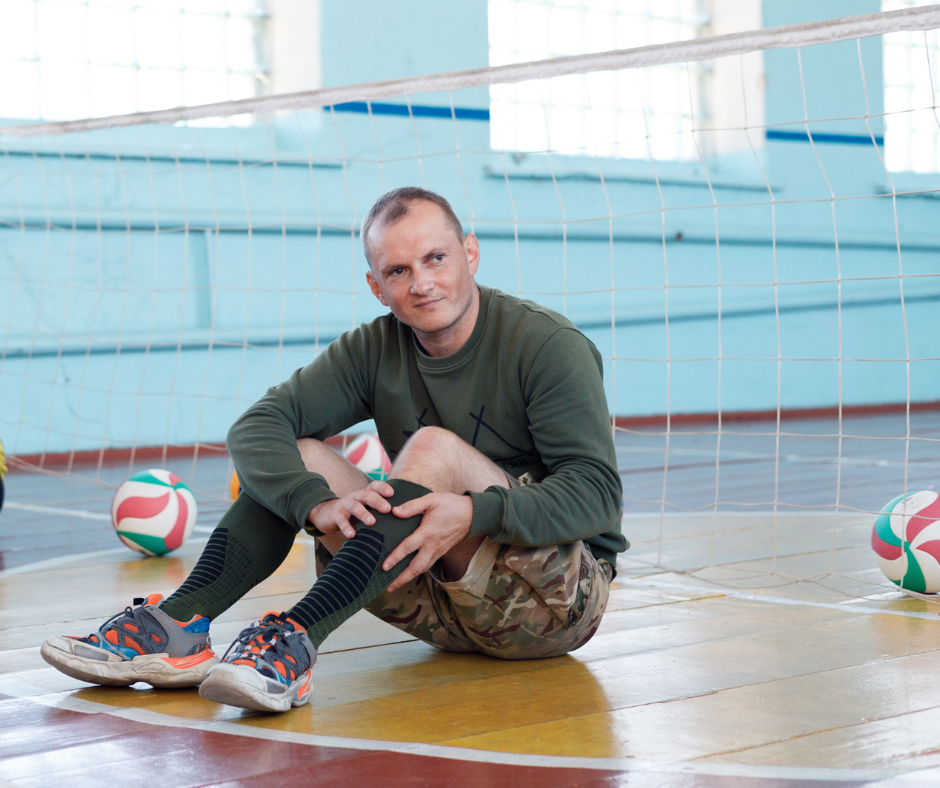For many years, RUSLAN SERHIICHUK has been working with veterans in his hometown, driven by his deep understanding of the challenges people face after returning from war. A lifelong passion for Cossack history has also shaped his perspective. While his public work is demanding, it’s something he’s come to rely on. Sports, he adds, serve as his personal method of recharging.
About Cossack heritage and community involvement. I’m originally from the Dnipropetrovsk region, and since childhood, I’ve been deeply interested in Cossack history. However, as I grew up, what I saw around me didn’t match the Cossack stories I’d read. Instead, there were groups of people called ‘kazachki’—dressed in police uniforms with epaulets. It wasn’t at all what I had imagined from the books about Zaporizhian Cossacks. I remember attending Cossack festivals in the Luhansk region and witnessing these ‘kazachki’ in action, and I just couldn’t understand it. Eventually, in my hometown, we managed to challenge this, getting them to remove their epaulets and return to a more authentic historical look.”
“I’ve been active in public work since 2012, when we started our youth movement by founding the organization ‘Leleka’. Our slogan back then was ‘Destroy the pests’. We were seeing the spread of Russian influence, and ‘Destroy the pests’ referred to those pushing for the Customs Union, Russia, and the Russian language. At the time, Novomoskovsk (now Samara in Dnipropetrovsk region) wasn’t prepared for this, so in 2013, we began organizing marches in the city. Our first march was dedicated to the Battle of Kruty, which was something new for the area. People didn’t understand what was happening—young men and women marching with flags, chanting ‘Glory to Ukraine!’ People were so curious that they started climbing out of their windows to watch us.”
“When the Revolution of Dignity began, we became actively involved in the movement in our city. We also organized bus trips to Kyiv, especially on the day when Yanukovych was expected to sign the EU Association Agreement. Some of us returned home to organize a rally in Dnipro, while others stayed in Kyiv.”
“We organized several trips to the Maidan, and that’s when we realized what it meant to live in the middle of an action movie. Our phone calls were being intercepted, and our meeting points were monitored by ‘titushki’ and even the police. We were chased, our cars were attacked, and windows were smashed. I remember one instance where they slashed the tires of one bus going to Kyiv, and by the time we dealt with the situation in another part of the city, the same people were waiting for us. They damaged all our vehicles, and in the end, we had to leave by train.”
“Public work can be exhausting, and I often feel drained, but I know that if I stop, everything will stop. So, I continue because it’s something I can’t walk away from.”
About the war and injury. I’ve always had a clear understanding that this is my country, and I have the ability to bring about change, which I want to do. My first fight was during the Revolution of Dignity on Instytutska Street. Those events made me realize that the time for change had come. By the time the war started, it didn’t feel as shocking because I had already seen the same type of violence in civilian life.
I initially tried to join the army through the recruitment office, but I wasn’t accepted due to being unfit for military service. So, my next step was to join a volunteer battalion. I went through training in the ‘Right Sector’. The older men there told us: ‘Guys, we don’t know what will happen next, so go home and think about whether this is what you want. If you’re okay with it, come back, we’ll accept you.’ We went home, thought about it, and the only thing that changed was the unit. By June, my comrade and I ended up in our ‘Azov’ family. We were in Sector M – that’s Mariupol.
When I joined Azov, I knew I was finally starting the military career I had always wanted. But my injury made me realize that I had to do something more, here and now.
At the end of 2014, I suffered an eye injury that took me out of action. We were on a mission, and I was in charge of a PTUR team. Our vehicle, with four of us inside, hit a mine. Two of my comrades were killed, and the other and I were seriously injured. The only radio that survived was one I managed to find by touch, as my eyes were filled with blood. I called for backup. During the evacuation, a firefight broke out, but we were eventually rescued.
I had shrapnel wounds to my eyes. I consider myself lucky compared to other guys.
About accepting the injury. As soon as I regained consciousness after the explosion, I knew something was terribly wrong with my eyes. I touched them and felt blood, dust, and shrapnel—but I couldn’t see anything.”
During the evacuation from Mariupol to Dnipro, I was fully conscious, but I had no idea what was happening to me. The most frightening thing was the complete loss of sight. For about two weeks in Mechnikov Hospital, I couldn’t see at all and had to rely on walls to navigate. I had no idea if my sight would return or if this was how I’d be from then on. It was the hardest period of my life. I had a lot of thoughts running through my mind, but they weren’t negative. I was just preparing myself for whatever the doctors would say. And if they had given me the worst prognosis, I would’ve started thinking about what to do next.
The prognosis was grim—both eyes were damaged, with fragments inside them. Now, I have artificial lenses in my eyes. Of course, my vision is not as it was before, but I can see.
Many people came to visit me, and while I appreciated it, there were times when the constant attention felt overwhelming. Talking to other wounded soldiers, I understood that many didn’t want to be seen in their state immediately after being injured. It’s important to find a balance and know when to give someone space.
For me, the greatest support was my girlfriend, now my wife. She stayed by my side, not knowing what would happen to me. A close friend was also there, guarding me in the hospital room and eating all the bananas that people brought me.
My recovery took about a month and a half, but the real rehabilitation began when I stepped into my role as the leader of a public volunteer organization. My colleague took over while I was serving, and then we switched roles. He said, ‘You’re here, and it seems you’re staying for good. Here’s the NGO for you, and I’m going to Azov.’ I hadn’t fully recovered, but I knew I had to keep moving forward. I immersed myself in work, which kept me from dwelling on anything negative. That’s how my rehabilitation process went.
About motivation despite societal resistance. My motivation was fueled by the struggle and, in particular, by the resistance I faced from people. I was studying at a private university in Dnipro, named after Alfred Nobel. Dnipro is a Russian-speaking city, and during my first year, deeply influenced by Cossack history and ‘Plast,’ I realized that not a single person in my group spoke Ukrainian. That was the turning point for me. It hit me that I had to take a stand. From that moment on, I switched completely to Ukrainian. I felt that we were living in Ukraine, in a Cossack land, with the most Cossack strongholds, and Dnipropetrovsk—now Sicheslav—was especially significant to me.
My position grew stronger when, at our public events, older women would ask me, ‘Where did you come from, a Ukrainian speaker?’ I would answer, ‘I’m from Hvardiyiske, five kilometers away, and I’ve lived here for 20 years.’ They were often skeptical, but it only reinforced my position.
As the years went by, it became clear that things were changing. . For example, in local supermarkets, when cashiers started responding in Ukrainian, I felt a sense of accomplishment, like my efforts had made a real difference.
I spent 12 years advocating for the renaming of the city. Of course, decommunization sped up the process. In the end, we got the result that was right for the city, logical, and reasonable among all the options citizens had proposed. For example, one suggestion was ‘Novik,’ claiming that’s what people called Novomoskovsk. It was just a name for casual conversation or a bar, but it elt too trivial for a city of this importance.
I faced a lot of negativity, but I realized that the result was worth it. Not everyone takes action or makes a difference, but I’m proud that I did.
About sports and the Invictus Games. I see the Invictus Games as a chance to unwind, especially because my community work leaves little time for personal relaxation. While I’ve always done sports for myself, here it feels more like being at a wellness retreat—there’s a nice balance of activities, rest, and time to connect with others.
Due to concerns about my vision, I returned to athletics and running a year later. In 2016, I found someone to help me, and we even participated in competitions. That’s when I connected with a veteran community that shares a lot in common.
I went through selection for the Invictus Games and Warrior Games teams. It gave me the chance to connect with the guys and test myself. I used to be good at shooting, though I can’t do that now, but I found an alternative—archery.
I’ve found that archery offers a meditative quality that helps me focus. It’s surprisingly challenging, but since I’m naturally calm, it’s a perfect fit for me.
When I feel overwhelmed, I just put on my sneakers and run. Physical exercise is my anti-stress—it releases all the negative energy, unloads, and organizes my emotions. I even started getting into obstacle course races. I ran a half-marathon and realized I need to keep developing.
About the place of power. We had planned a trip to Volhynia to visit my relatives. I always remember the moments when my uncle and I would relax under a pear tree after lunch. That image always stays with me.
About the feeling of happiness. My family is what makes me truly happy. It’s also the people around me—our team. I see how they grow and develop, how they respond to what’s happening, and how they treat both me and our work. They believe in it just as much as I do, and that gives me confidence that we’re on the right path.
Translated by Green Forest English School

